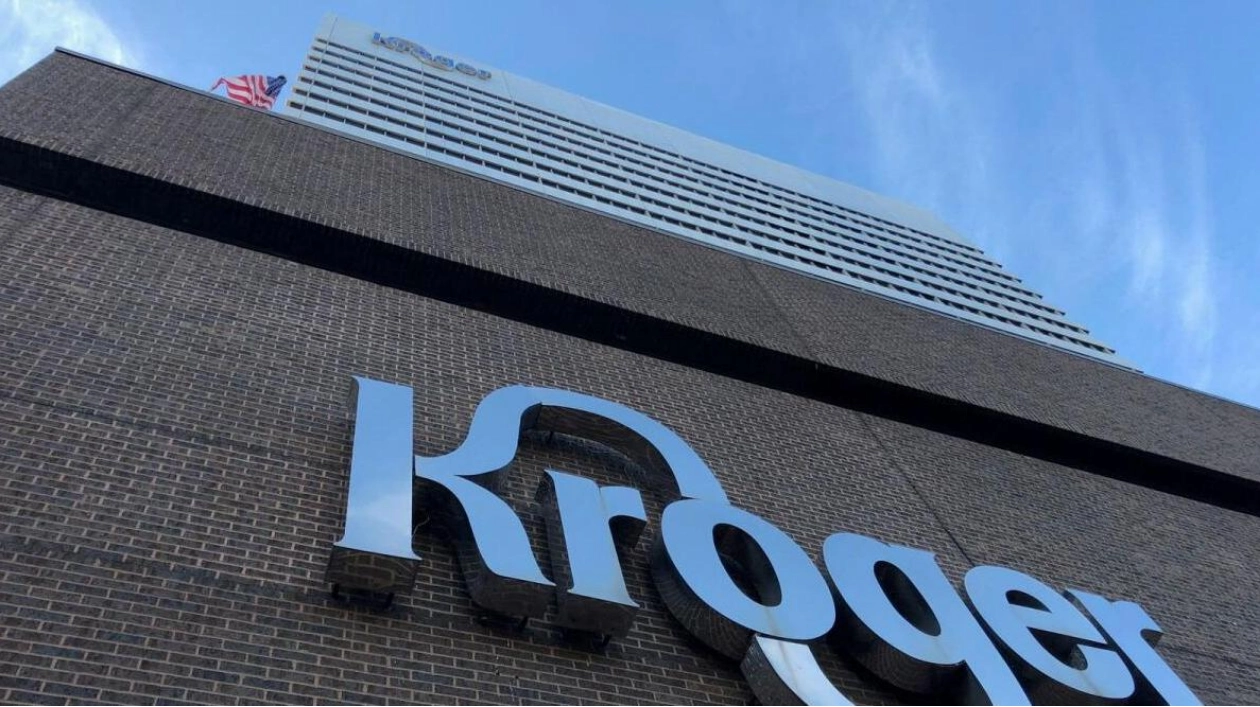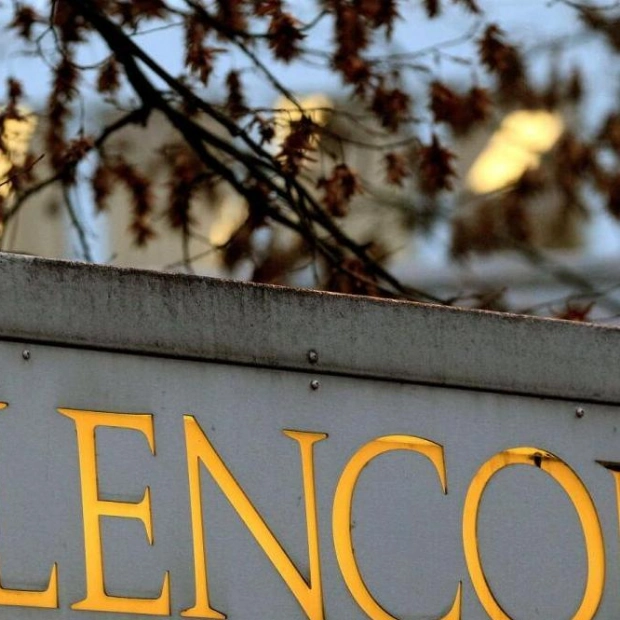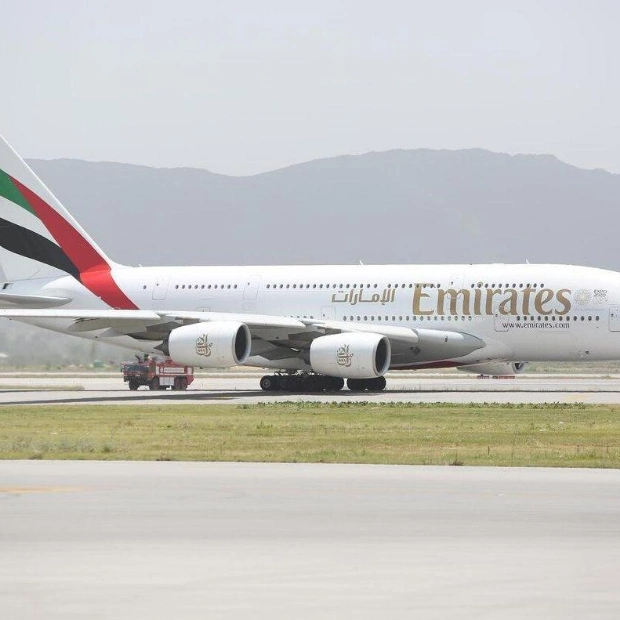The U.S. Federal Trade Commission is set to challenge Kroger's proposed $25 billion merger with Albertsons, a leading rival grocer, in a federal court trial in Portland, Oregon, on Monday. The FTC, along with several states, filed a lawsuit in February aimed at blocking the merger, arguing that it would reduce competition between the two largest traditional supermarket chains in the U.S., leading to increased prices for consumers and diminished bargaining power for unionized grocery workers. This case is a significant part of the Biden administration's efforts to reduce consumer prices and comes at a time when high grocery costs are a prominent issue in the U.S. presidential race between Democratic candidate Vice President Kamala Harris and her Republican opponent, former President Donald Trump. It also serves as a critical test for FTC Chair Lina Khan's strategy to leverage antitrust laws to enhance wages and mobility for workers.
The trial, anticipated to span approximately three weeks, will present evidence on how major grocery retailers and smaller competitors set prices and perceive competition within the industry. Kroger and Albertsons are seeking approval from U.S. District Judge Adrienne Nelson to proceed with the merger, stating that it is essential to compete with global corporations such as Walmart, the biggest U.S. grocery retailer, bulk shopping giant Costco, and Amazon.com, which owns Whole Foods. The companies argue that the lawsuit's emphasis on traditional supermarkets overlooks the fact that consumers generally purchase food from a range of outlets including big-box stores like Target and discount stores like Dollar Tree.
Kroger has announced plans to sell 579 out of the approximately 5,000 stores it would control if the merger is approved. A portion of the trial will assess whether C&S Wholesale Grocers can effectively manage these stores. Kroger has also committed to reducing grocery prices by $1 billion post-merger. Retailers employ various strategies to lower prices, such as negotiating improved terms with suppliers, investing in supply chain automation, or altering product labeling and packaging methods. Although Kroger has not disclosed further details on the specifics of the price reductions, a source close to the matter suggested that the initial focus will be on essential and high-demand items.
"It's not going to be peanut butter spread, for instance, initially, but targeted on across a wide range of staples," the source noted. Arizona, California, Illinois, Maryland, Nevada, New Mexico, Oregon, Wyoming, and the District of Columbia are joining the FTC in pursuing the case. Additionally, Washington and Colorado have filed separate lawsuits to block the merger, with trials scheduled to follow the Oregon case. All these states have locations operated by both Kroger and Albertsons.






